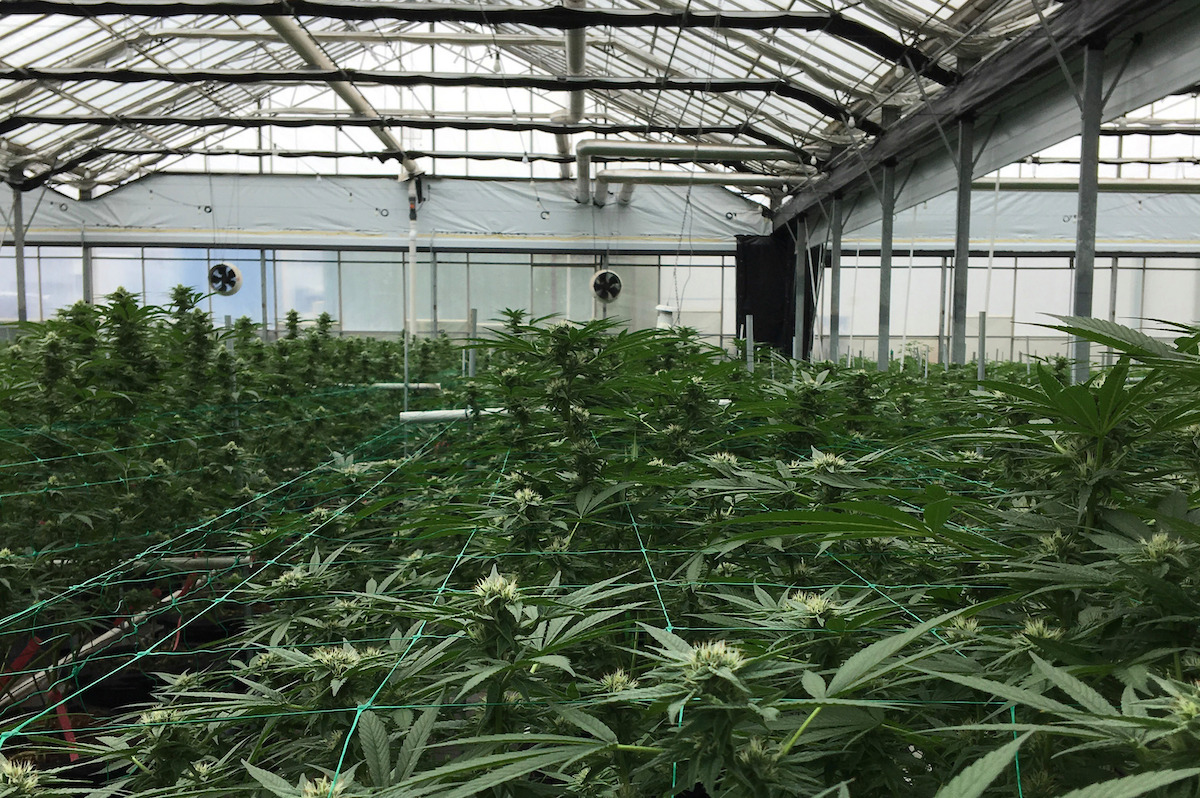Cannabis Taxes
Quantity Collected Is Within Ballot Bounds

On February 13, 2018, the Board majority (Williams, Wolf, Hartmann, and Lavagnino) approved an ordinance creating the cannabis tax rates and methods of collection, subject to voter approval on the June 2018 election ballot. On June 5, 2018, 75.83 percent of the voters of Santa Barbara County approved the cannabis tax measure (Measure T).
Why the history lesson? Recent comments by elected officials and misinformation by anti-cannabis allies in support of fundraising efforts show they do not recall the exact words of the cannabis tax ballot initiative which clearly said, “…estimated to raise between $5 and $25 million annually for general government purposes…” For those keeping score at home, the county’s cannabis tax receipts have consistently fallen within the range articulated in the ballot language. The revenue being collected matches what the voters approved.
Estimating tax revenues for budgeting purposes is difficult. I am confident that the county budget staff is doing the best that they can with the chaotic state of the legal cannabis wholesale market. While on staff, I was public about the substantial risk of cannabis tax revenue volatility as the state transitioned from 90 years of prohibition to legalization.
Every jurisdiction in California is currently experiencing a decline of cannabis tax revenue, particularly those jurisdictions that are cannabis producers like Santa Barbara County. Even Monterey County, often mentioned by opponents because their cultivation tax is acreage based, has seen significant declines in tax revenue, they have cut tax rates to help cannabis businesses while considering cutting cannabis staffing to match cannabis revenues and then offer that the cannabis industry may take 10 years to reach equilibrium.
If sales tax were to decline, would elected officials or their allies be asking for reconsideration of car dealership regulations since they are a large source of sales tax revenue? If Transient Occupancy Tax (hotel bed tax) were to decline, would those same people be calling for changing regulations or land use policies for hotels? Audits should be happening every single day. Payment of current taxes and back taxes must be collected. Businesses failing or avoiding cannabis taxes should have their annual business licenses revoked or not renewed as is allowed under current county ordinances.
Additionally, do those criticizing the cannabis tax collection process as flawed due to “self-reporting” realize that hotel bed taxes in Santa Barbara County (and each city) are also based on those businesses accurately self-reporting their actual sales data to the Treasurer-Tax Collector? Don’t trust me? Go to the County Tax Collectors website and check out the self-reporting form. Sales and use taxes across California are remitted to the state by retailers or service providers on a self-reported basis. How do jurisdictions know that “all” of those taxes are being collected?
I would argue that recommending policy changes and engaging in fundraising with misinformation ought to rejected by all participants of a representative democracy. It leads us to multiple bad outcomes.
Here is a question that might be helpful rather than a question designed to be a political “gotcha”: How can the county use lessons learned from other tax collections to improve the efficacy of collecting cannabis tax revenues?
Dennis Bozanich was deputy county executive from 2016-2020 and led the development and implementation of local cannabis land use permitting and business licensing regulations for Santa Barbara County.



